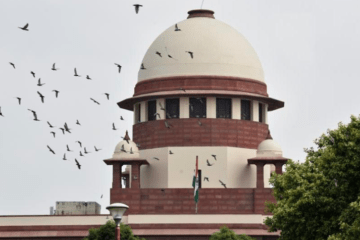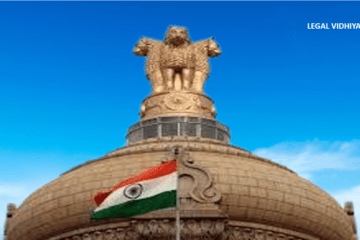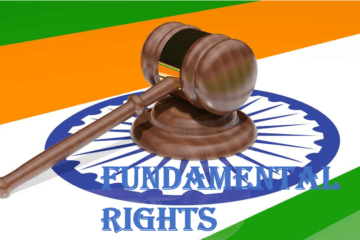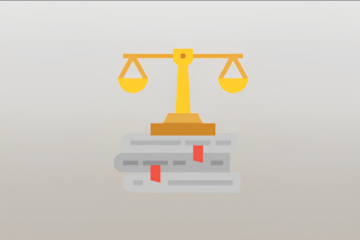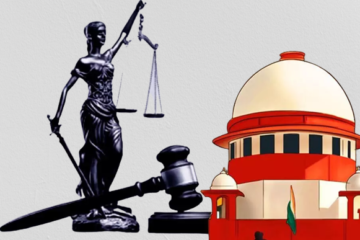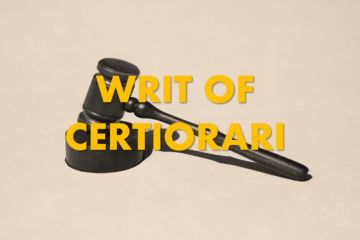THE POWER OF HIGH COURTS UNDER ARTICLE 226
This article is written by Harshita Rathore of BALL.B of 3rd Semester of RNB Global University, Bikaner, an intern under Legal Vidhiya. ABSTRACT This study evaluates the power of high courts under article 226 [1]of the Constitution of India. Article 226 of the Indian Constitution gives High Courts the authority Read more

